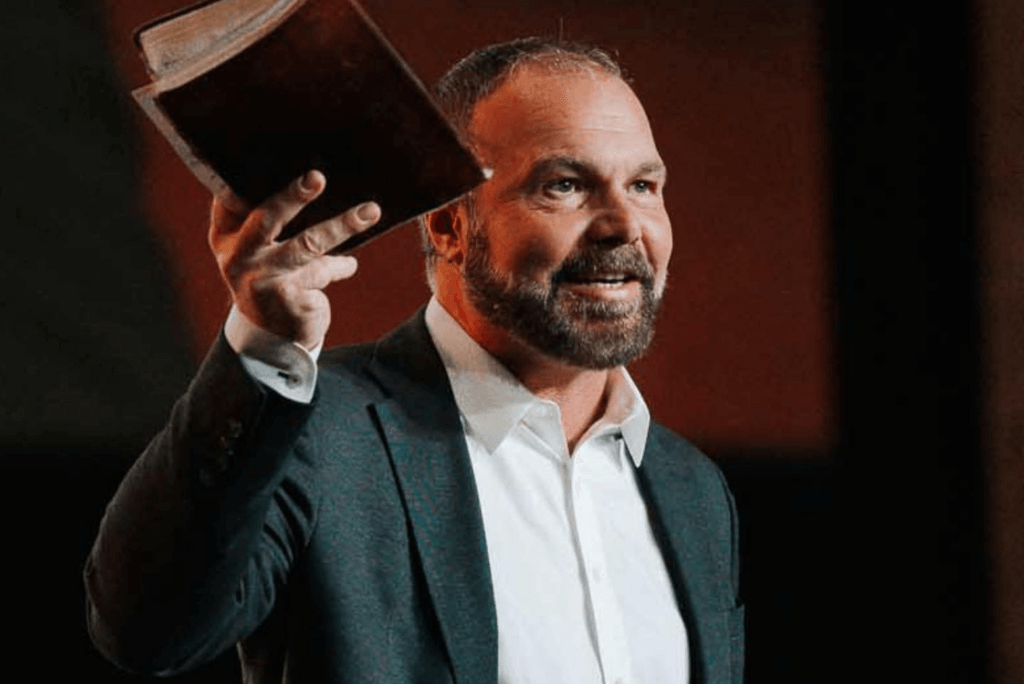Consider a typical workplace. Meetings, production deadlines, coffee or smoke breaks, and casual Fridays all come to mind as part of the routine. But when it comes to prayer breaks, wearing religious garb in the office or other accommodations specific to religion, that’s a different story.
A new national survey released by the Tanenbaum Center for Interreligious Understanding makes the point. Today, more than one-third of workers report observing or being subjected to religious bias at work. The survey, “What American Workers Really Think About Religion: Tanenbaum’s 2013 Survey of American Workers and Religion,” examines religious bias and discrimination against American workers.
“This survey puts employers on notice,” says Tanenbaum CEO Joyce Dubensky. ”American workplaces increasingly reflect the makeup of the country; they’re more and more diverse. Work is the place where people with extremely different beliefs interact on a regular basis. But where there’s more diversity, the survey shows that we can expect to find more conflict.”
Survey results confirm that a majority of workers believe Muslims are facing discrimination at work. The Muslim community is not alone.
“Other groups report being marginalized too, including members of other minority religions in the U.S. and atheists,” explains Dubensky. “But that is just part of the story.”
In fact, the survey shows that workplace discrimination is also a serious issue for many members of America’s Christian majority. Six in 10 white evangelical Protestants agree that discrimination against Christians has become as big a problem as discrimination against other religious minorities.
“The experience of discrimination by the white evangelical community is a real issue for companies. It’s also a societal issue, one that goes beyond the workplace,” Dubensky says. “Workers from the white evangelical community are twice as likely to believe that they are experiencing a lot of discrimination as they are to believe that African-Americans are being discriminated against.”
“Religion is one key way that people define themselves,” Dubensky continues. “Being harassed at work because of your religion or not being allowed to follow basic beliefs such as observing a required prayer is painful. Such experiences affect morale and, ultimately, impact a company’s ability to attract talent.
“The good news is that the survey shows that this can be turned around through smart policies that address employees’ diverse religious needs. Do that, and you increase the likelihood of having happier employees and less turnover.”
Other findings from Tanenbaum’s survey include:
- Half of non-Christians surveyed believe that their employers are ignoring their religious needs.
- Employees in companies without religious diversity policies are almost twice as likely to be searching for another job as their counterparts in companies with policies.
- Among American workers at companies where religious bias had been reported to managers or human resources, nearly one-third of workers report that the company took no action to stop the bias.
- Nearly six out of 10 atheists (59 percent) believe that people look down on their beliefs, as do nearly one-third of non-Christian religious workers (31 percent) and white evangelical Protestants (32 percent).
- Atheists (55 percent) are substantially more likely than workers in any other group to report that they themselves face a lot of discrimination today. However, unlike white evangelical Protestants, atheists are also more likely than workers overall to believe that Muslims (66 percent), gay and lesbian people (63 percent), Hispanics (50 percent), and women (39 percent) experience a lot of discrimination.
“If there’s one message from this survey, it’s that religion is a workplace issue,” Dubensky says. “Employers who ignore it do so at their own risk.”
Tanenbaum conducted the “2013 Survey of American Workers and Religion” with Public Religion Research. The survey provides a comprehensive picture of American workers’ experience with religious discrimination and bias in workplaces, as well as their perceptions of discrimination in American society. The survey’s respondents are a random sample of more than 2,000 employed American adults.
See an error in this article?
To contact us or to submit an article





















